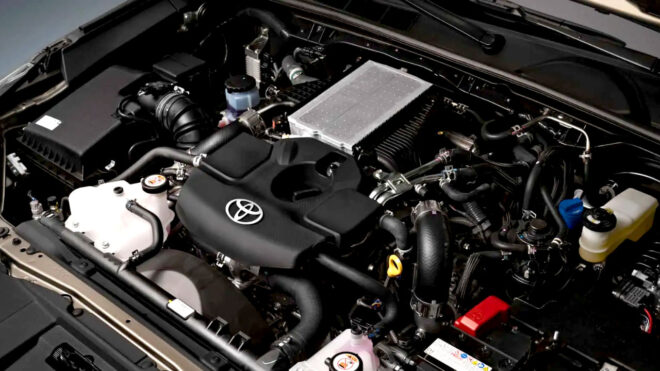Continuing to be the world’s best-selling automobile company Toyotathis time on the agenda with the announcement of a diesel engine It is located.
As you know, Volvo ended its production of diesel-powered cars last week. The Toyota side, on the other hand, thinks that diesel engine vehicles will not die immediately. On this subject, Toyota Australia Sales and Marketing officer Sean Hanley said: “Diesel engines are not dead despite popular opinion. “Diesel engines have a longer life ahead of them, so they won’t die anytime soon.” said. Stating that they want to keep diesel engines on the table, especially for SUVs and large commercial vehicles, Hanley diesel fuel: “A very reliable fuel source” He also conveyed what he saw as These statements are not actually an extreme surprise because the company is still developing internal combustion engines. The giant manufacturer is developing new internal combustion engines because He does not believe that the electric future will be the only solution. The old one who made a statement on this subject Toyota CEO Akio Toyoda, “The need for electric vehicles is greatly exaggerated.” he says and adds: ““The path to carbon neutrality fundamentally depends on the energy production status of countries.” If Toyoda was before this “Electric vehicles will only reach 30 percent market share.” He made a splash when he said: famous manager does not accept a future in which only electric vehicles exist in the automobile industry And He argues that internal combustion models must survive.
YOU MAY BE INTERESTED IN
Toyoda, who frequently states that vehicles with cleaner internal combustion engines can be produced, said in his statement in recent months: “No matter how much progress BEVs (Battery Electric Vehicles) make, hybrids, fuel cell electric vehicles and hydrogen powered vehicles will still He believes that it will constitute 70 percent of the automotive market.“ he had stated. In other words, many people agreed with the famous manager who thought that electric vehicles could not achieve a market share of more than 30 percent, because there were millions who did not believe in the future of electric vehicles.
